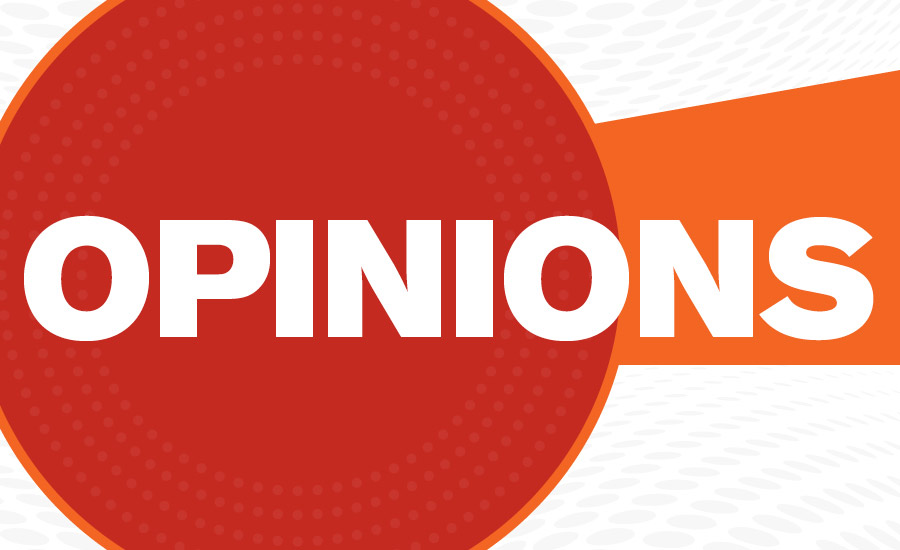The 116th Congress got off to an ambitious start with H.R. 1, otherwise titled the For the People Act of 2019. The bill from House Democrats tackles a complex web of issues that cover three major categories: campaign finance, voting rights, and ethics.
After the House passed H.R. 1 on a party-line vote of 234-193, HVAC industry groups did not have much to say on the matter, with one exception. Heating, Air-conditioning & Refrigeration Distributors International (HARDI) issued a statement expressing its disapproval of what it described as unreasonable requirements that would be placed on organizations like itself.
Alex Ayers, HARDI’s director of government affairs, was kind enough to email me to elaborate.
“The most important change that would negatively impact HARDI and its members is the addition of FEC reporting,” he said. “Part of the new rules redefine certain policy communications as campaign communications and would require associations like HARDI to disclose donors (in our case certain dues paying members) to the FEC even if the communications are not campaign related. This is a drastic change from current policy, which does not require any reporting by HARDI to the FEC because it does not participate in campaign or election communications.”
I can sympathize — who wants extra paperwork? — in large part because of the other fact that Ayers mentioned.
“There is a HARDI Political Action Committee (PAC) that operates as a separate entity and completes quarterly filings with the FEC, where we disclose PAC donors who are notified of this disclosure prior to any donations.”
See, that’s a very clear line between the two components. Organizations that go to those lengths should not be overly burdened on the side that does not serve to engage in campaigns and candidates. This is a reason to tinker with H.R. 1 as our legislative process allows.
One of H.R. 1’s targets is the role of “dark money.” We all recognize the waves of political ads from “social welfare” groups in election season.
It’s not just that these groups clog commercial breaks with ads that make a joke of their formal status as nonpolitical entities (a veneer that gives them tax-exempt status as 501(c) organizations). The real problem is that current law requires disclosures and sets limits on donations to candidates and PACs, but 501(c) groups enjoy a loophole for accepting unlimited donations from people who are also allowed to keep their identities secret.
We have plenty of important issues in front of us these days. Some of them — like energy- and climate-related policy, tariffs, and treaty- or refrigerant-related decisions — affect the HVAC industry and the people in it directly. If a group can bombard the airwaves to push a particular viewpoint or attack a candidate, voters should be able to find out who is funding that viewpoint and factor in the sponsors’ own interests accordingly.
The freedom to share ideas in the public square is one part of maintaining a healthy republic. The ability to buy a microphone that drowns out others — along with a matching cloak to hide your identity and/or your agenda — is something else entirely.
Properly conducted, organizations like HARDI are not part of this scenario, and their PACs are not part of this dark money problem. H.R. 1 deserves some bipartisan tailoring, so its goals can be pursued in a more practical way.
That exercise will, however, have to wait for another day. Majority Leader Mitch McConnell has stated that he will not allow a vote on the measure at all in his chamber, so this legislation won’t make it to the Senate floor (much less the outside world) anytime soon.
Publication date: 4/1/2019
Want more HVAC industry news and information? Join The NEWS on Facebook, Twitter, and LinkedIn today!


Report Abusive Comment